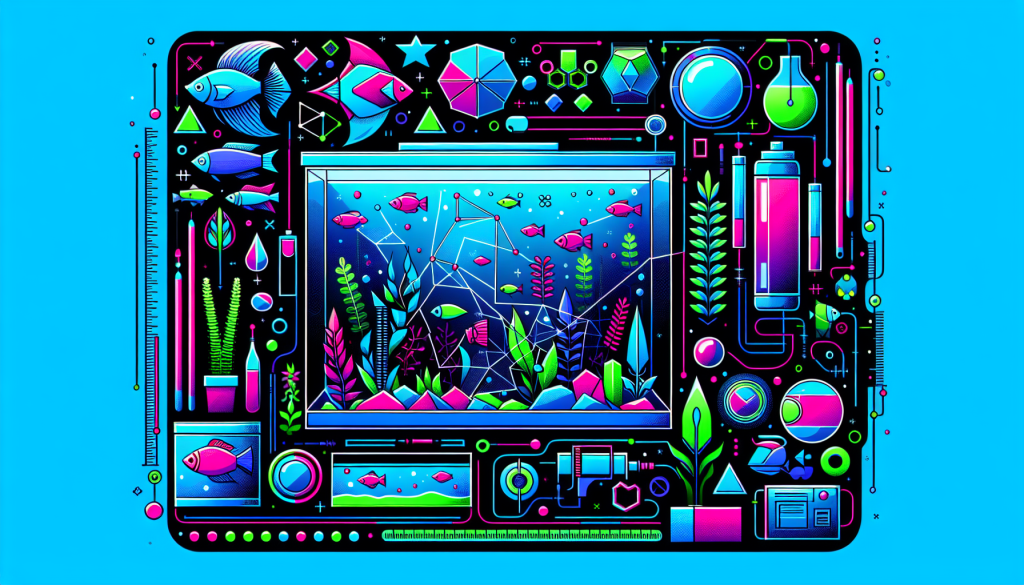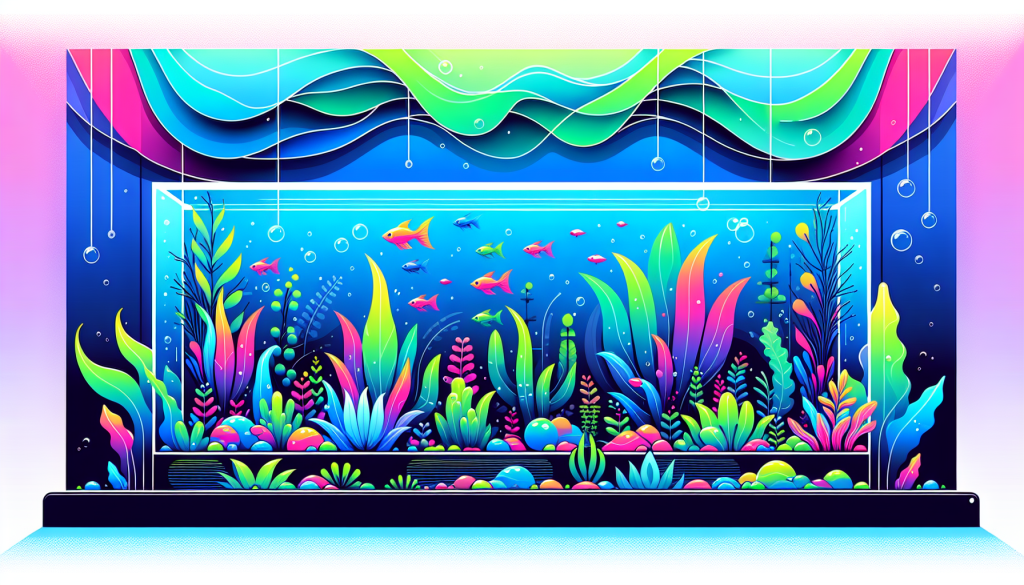11 Essential Aquascaping Tips for Stunning Aquarium Designs (Beginner to Pro)
Ready to elevate your aquarium into a living piece of art? Aquascaping is more than just arranging rocks and plants—it’s about creating a thriving, beautiful ecosystem. Whether you’re a beginner just starting out or an aquascaping pro seeking fresh inspiration, our top 11 aquascaping tips will guide you to a stunning aquarium design. Let’s dive in!
1. Define Your Aquascaping Style
Before you start adding substrate or filling your aquarium, choose a style that excites you. The most popular aquascaping styles include:
- Nature Aquarium (inspired by landscapes)
- Iwagumi (minimalist and stone-focused)
- Dutch-style (plant-dense, garden-like)
- Jungle aquascaping (wild and lush)
Your chosen style will guide everything from hardscape choice to plant selection.
2. Plan Your Layout and Hardscape
Draw a rough layout before you start building. Consider focal points and use the rule of thirds to arrange rocks and driftwood in an aesthetically pleasing way. Try using the golden ratio for balanced compositions.
3. Choose the Right Substrate
A nutritious substrate is crucial for healthy plant growth. For planted tanks, choose an aquatic soil or nutrient-rich base layer. For certain styles like iwagumi, you may want a fine, dark substrate to accentuate hardscape features.
4. Select Compatible Aquarium Plants
Not all aquatic plants require the same care. Pick plant species that match your lighting, CO₂, and nutrient levels. For low-tech aquariums, try easy beginner plants like Java fern, Anubias, and Cryptocoryne. For advanced setups, consider carpet plants like Hemianthus callitrichoides (dwarf baby tears).
5. Balance Your Lighting
The right aquarium lighting promotes healthy plant growth and enhances colors. Too little, and your plants will struggle; too much, and you’ll encourage algae growth. Adjust your light intensity and photoperiod for optimal results (usually 8-10 hours daily).
6. Master Water Parameters
Regularly test your water for pH, GH/KH, and nitrate levels. Most aquascaping plants thrive in soft, slightly acidic water, but always verify the needs of your chosen species. Maintaining stable conditions is key to aquascape health.
7. Use CO₂ Wisely
CO₂ supplementation is vital in high-tech aquascapes with demanding plants. For low-tech tanks, many plants will survive without extra CO₂, but their growth will be slower. Learn how to set up and safely use a CO₂ system for planted tanks if needed.
8. Avoid Overcrowding
Less is often more in aquascape design. Don’t overcrowd your aquarium with too many rocks, plants, or fish. Give elements room to “breathe” and allow plants space to grow and fill in naturally over time.
9. Incorporate Natural Elements
Natural materials like driftwood, river stones, and leaf litter help create a realistic underwater scene. Match your hardscape materials to the biotope you’re emulating while providing natural hiding spots for fish and shrimp.
10. Practice Regular Maintenance
Keeping your aquascape pristine requires ongoing care:
- Perform regular water changes
- Trim and replant aquatic plants
- Clean glass and remove debris
- Balance fertilizers and monitor algae
Routine aquascaping maintenance helps prevent algae outbreaks and ensures your aquarium stays healthy and attractive.
11. Be Patient and Observe
Aquascapes improve with time. Don’t rush the growth process or make constant changes. Take time to observe how plants and inhabitants adjust, and let your aquascape mature naturally for the best results.
Additional Resources for Aspiring Aquascapers
- Aquascaping for Beginners: Step-by-Step Guide
- Best Aquarium Lighting for Planted Tanks
- Aquarium Fertilizer Guide
Start Your Aquascaping Journey Today
Your perfect underwater landscape is within reach! Armed with these 11 essential aquascaping tips, you can design a vibrant, healthy aquarium that’ll be the envy of all who see it. Ready to dive deeper?
Explore more aquascaping guides and inspiration at aquascaping.academy! Share your creations with our community or leave a comment with your favorite tip below!



